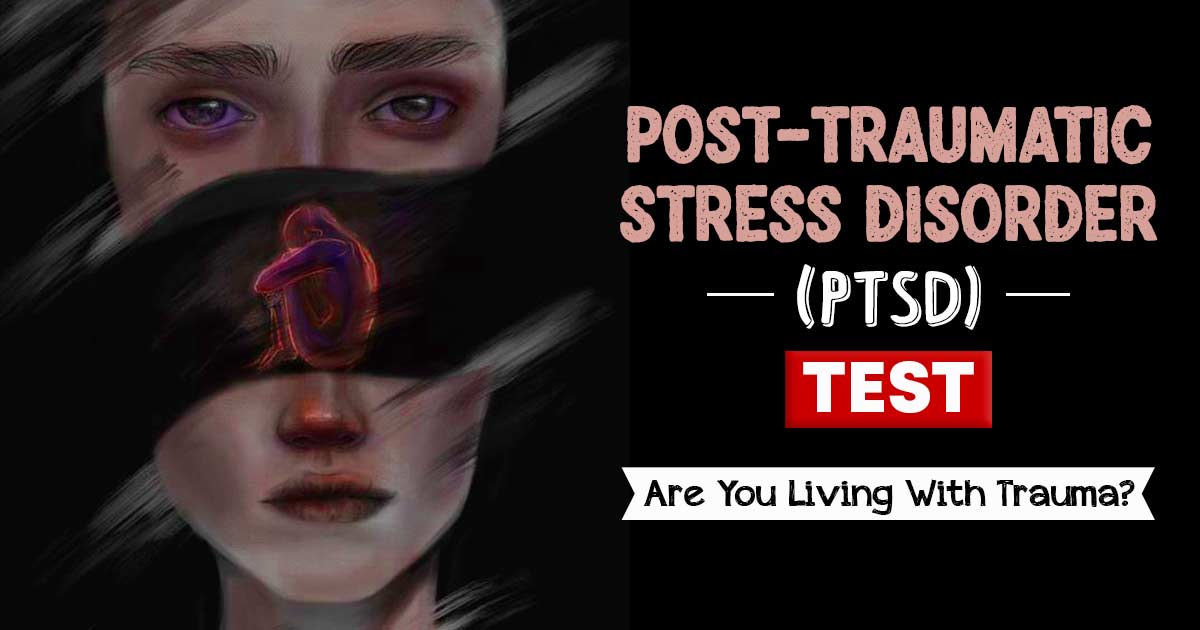Do you find yourself experiencing recurring, distressing flashbacks of a traumatic event? Do you go to great lengths to avoid situations that might trigger memories of this event? Are you prone to blaming yourself for what occurred? Alternatively, do you feel numb and shattered following the trauma? If any of these statements apply to you, consider taking our online PTSD Test to assess whether you may be exhibiting signs of PTSD.
What Is Post Traumatic Stress Disorder (PTSD)?
Post-traumatic stress disorder (PTSD) is a mental health condition that can develop in individuals who have experienced or witnessed a traumatic event, such as a natural disaster, combat, sexual or physical assault, or a serious accident.
PTSD can be a debilitating condition that affects not only the individual but also their family and friends. The symptoms of PTSD can be intense and long-lasting, making it difficult for the individual to function normally in their daily life.
PTSD can also be associated with other mental health conditions, such as depression and anxiety, and can increase the risk of substance abuse and suicide.
Some common symptoms of PTSD may include:
- Intrusive thoughts, including flashbacks, nightmares, and intrusive memories of the traumatic event.
- Avoidance of places, people, or situations that remind the individual of the traumatic event.
- Negative changes in mood and thinking, such as feeling isolated, guilty, ashamed, or detached from others.
- Hyperarousal, including being easily startled, having difficulty sleeping and feeling irritable or angry.
- Hypervigilance, or constantly scanning the environment for potential threats.
Disclaimer: If these symptoms of cause clinically significant distress or impairment in social, occupational, or other important areas of functioning, and last for at least 6 months or longer, it might be considered a disorder.
Read More About Post Traumatic Stress Disorder Here
Instructions For Taking PTSD Test Online
Below is a list of statements related to the life experiences common among people who have signs of post-traumatic stress disorder (PTSD). Please read each statement carefully and rate the extent to which these are relevant to you.
Please note: This post-traumatic stress disorder test is a self-assessment and not a diagnostic test.

